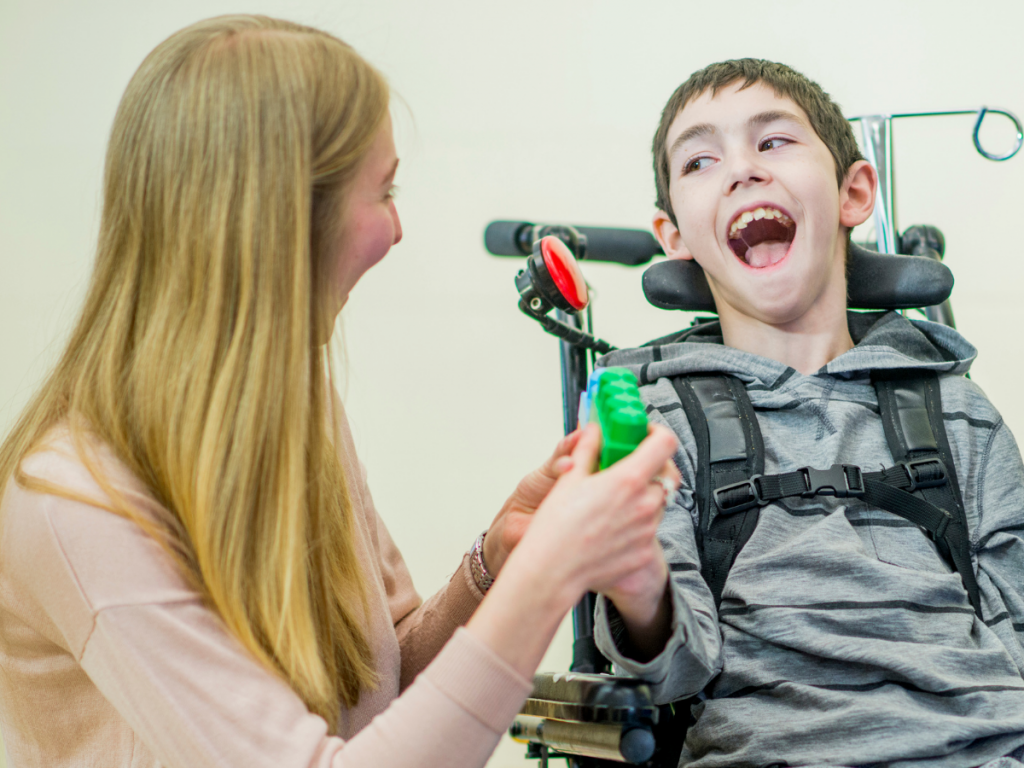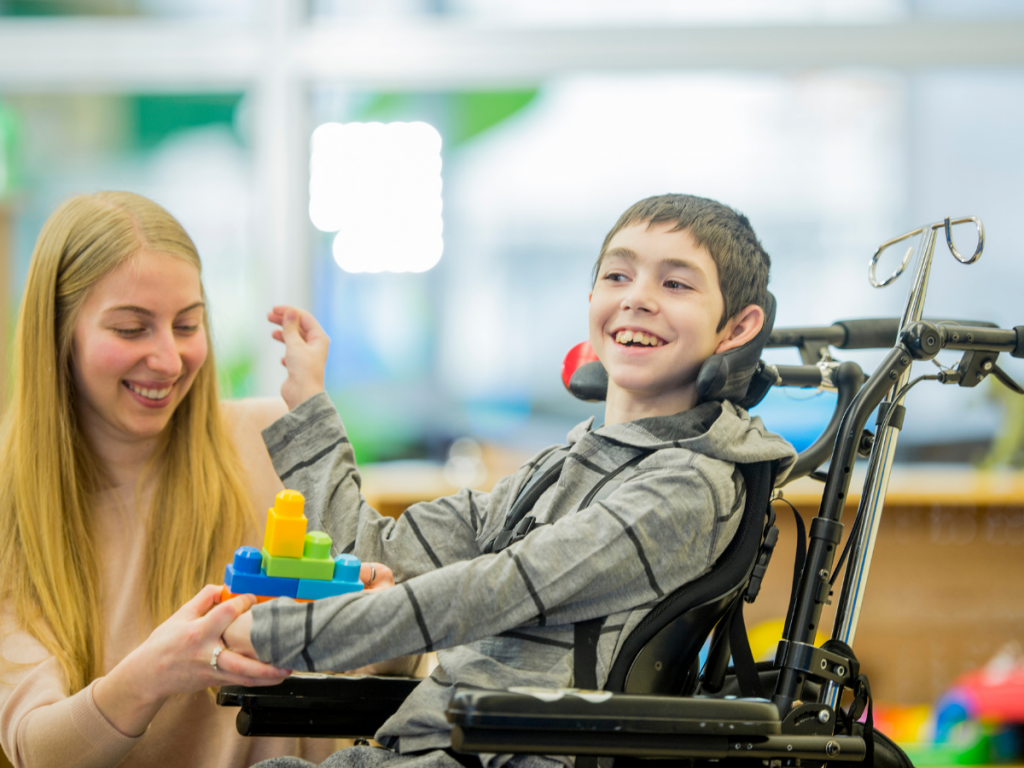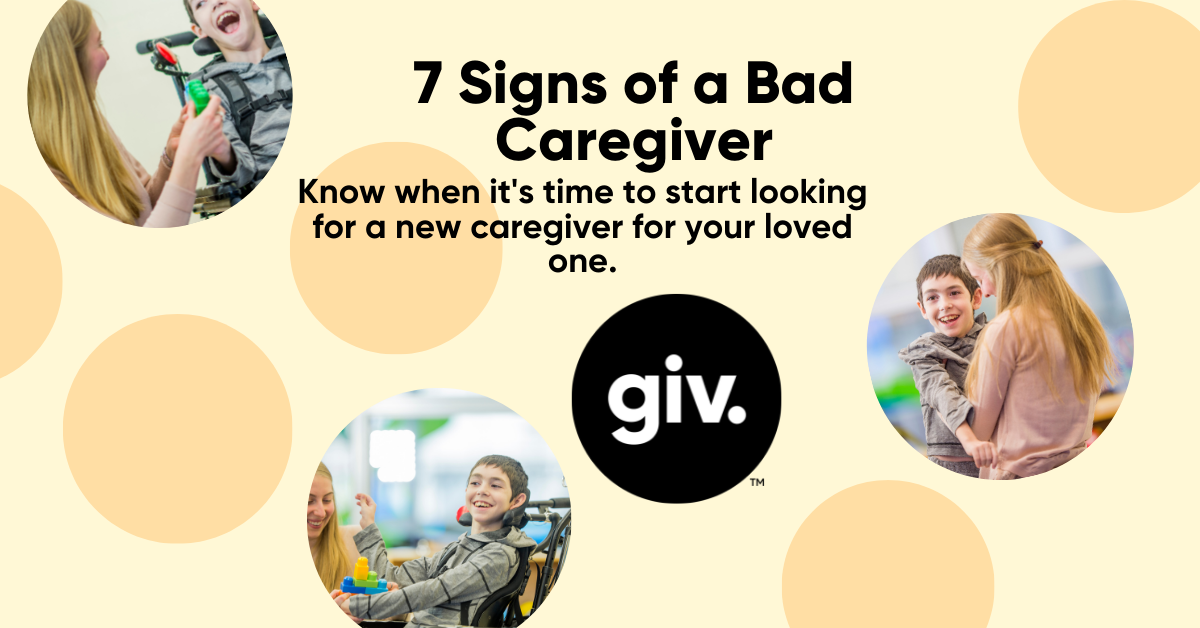In the challenging journey of caregiving, encountering a bad caregiver can be a distressing experience. A Bad Caregiver can significantly impact the well-being of your loved one. Recognizing the signs of a bad caregiver is crucial in ensuring your loved one receives the quality care they deserve. Let’s explore this important topic further.
Bad Caregiver
A Bad Caregiver can manifest in various ways, from neglecting personal care tasks to exhibiting abusive behavior. When dealing with a bad caregiver, it’s essential to address the situation promptly to prevent further harm to your loved one. Signs of a bad caregiver may include neglecting personal care tasks, emotional abuse, or even physical harm.
A bad caregiver is someone who fails to fulfill their caregiving responsibilities adequately. This could mean neglecting personal care tasks, such as bathing, grooming, or feeding, which are essential for maintaining your loved one’s health and well-being. It could also involve emotional abuse, such as constant complaining, belittling, or manipulating your loved one’s emotions, causing them unnecessary distress.
Recognizing Neglect
Neglect is one of the most common signs of a bad caregiver. This may involve failing to assist with personal care tasks such as bathing, grooming, or medication management. Family members should pay attention to any signs of uncleanliness, untreated medical conditions, or malnutrition, which could indicate neglectful behavior.
When a caregiver neglects their responsibilities, it can have serious consequences for your loved one’s health and well-being. Untreated medical conditions, poor hygiene, and malnutrition can all lead to a decline in physical health and an increased risk of complications. If you notice any signs of neglect, it’s essential to address the situation immediately to ensure your loved one receives the care they need.
Emotional Abuse
Emotional abuse can have a profound impact on your loved one’s well-being. A bad caregiver may exhibit behaviors such as constant complaining, belittling, or manipulating your loved one’s emotions. It’s crucial to recognize these signs and take action to protect your loved one from further harm.
Emotional abuse can be just as damaging as physical abuse, if not more so. Constant criticism, manipulation, or belittling can erode your loved one’s self-esteem and lead to feelings of worthlessness or depression. If you suspect your loved one is being emotionally abused by their caregiver, it’s essential to address the situation promptly and remove them from harm’s way.

Signs of Physical Abuse
Physical abuse is a serious red flag that should never be ignored. This can include unexplained injuries, bruises, or evidence of restraint. If you notice any signs of physical abuse, it’s imperative to address the situation immediately by removing your loved one from harm’s way and contacting the appropriate authorities.
Physical abuse can have devastating consequences for your loved one’s health and well-being. In addition to physical injuries, it can also lead to psychological trauma, fear, and a loss of trust in caregivers. If you suspect your loved one is being physically abused, it’s essential to take immediate action to ensure their safety and well-being.
Caregiver Burnout and Its Effects
Caregiver burnout can contribute to the decline in the quality of care provided by a caregiver. When a caregiver is overwhelmed, stressed, or emotionally drained, they may become less attentive to their responsibilities, putting your loved one at risk. Recognizing the signs of caregiver burnout is essential for both the caregiver’s and your loved one’s well-being.
Caregiver burnout is a common problem among family caregivers, especially those who are caring for loved ones with complex medical needs or cognitive impairments. It can manifest as physical exhaustion, emotional stress, and a sense of hopelessness or despair. If left unchecked, caregiver burnout can have serious consequences for both the caregiver and the person they are caring for.
Seeking Support
Family members often bear the burden of caregiving responsibilities alone, which can lead to feelings of isolation and overwhelm. Joining a support group can provide much-needed emotional support and practical advice for coping with the challenges of caregiving. Connecting with others who understand your experiences can make a significant difference in your caregiving journey.
Support groups can be an invaluable resource for family caregivers, providing a safe space to share their experiences, ask for advice, and receive emotional support from others who understand what they’re going through. Whether online or in-person, support groups offer a sense of community and camaraderie that can help alleviate feelings of isolation and loneliness.

The Importance of Education and Training
Many caregivers lack the necessary education and training to provide adequate care for their loved ones. This can lead to frustration, anxiety, and a sense of helplessness. Providing caregivers with additional training and resources can improve the quality of care and reduce the risk of neglect or abuse.
Education and training are essential for ensuring that caregivers have the knowledge and skills they need to provide safe and effective care for their loved ones. This may involve attending workshops or seminars, completing online courses, or seeking guidance from healthcare professionals. By investing in education and training, caregivers can feel more confident in their abilities and better equipped to meet their loved one’s needs.
Communicating with Your Care Team
Effective communication with your care team is essential for ensuring your loved one’s needs are met. This includes regular check-ins with caregivers, healthcare providers, and other members of the care team to discuss any concerns or changes in your loved one’s condition. Keeping open lines of communication can help prevent misunderstandings and ensure everyone is working together to provide the best possible care.
Communication is key when it comes to caregiving, whether you’re coordinating care with multiple providers or simply keeping family members informed about your loved one’s condition. By maintaining open and honest communication with your care team, you can ensure that everyone is on the same page and that your loved one’s needs are being met effectively.
Taking Care of Yourself
As a caregiver, it’s easy to neglect your own well-being while focusing on the needs of your loved one. However, taking care of yourself is crucial for both you and your loved one. Make sure to prioritize self-care activities, such as getting enough sleep, eating a balanced diet, and finding time to relax and recharge. Remember, you can’t pour from an empty cup, so taking care of yourself is not selfish but necessary for effective caregiving.
Taking care of yourself is not selfish; it’s essential for maintaining your health and well-being so that you can continue to provide care for your loved one. This may involve setting boundaries, asking for help when you need it, and taking breaks to rest and recharge. By prioritizing self-care, you can avoid burnout and continue to provide the best possible care for your loved one.
Knowing When to Seek Help
If you suspect your loved one is being mistreated by a caregiver, it’s essential to take action immediately. This may involve contacting local authorities, removing your loved one from the abusive situation, and seeking legal assistance if necessary. Don’t hesitate to reach out to trusted friends, family members, or professionals for support and guidance during this challenging time.
Knowing when to seek help is crucial for protecting your loved one’s well-being and ensuring they receive the care and support they need. If you’re unsure about how to proceed or what steps to take, don’t hesitate to reach out for assistance. This could involve contacting local agencies specializing in elder or disability services, consulting with an attorney who specializes in elder law or abuse cases, or reaching out to advocacy organizations for guidance.
By taking swift and decisive action, you can protect your loved one from further harm and hold accountable those responsible for their mistreatment. Remember, you are your loved one’s greatest advocate, and it’s essential to speak up and take action if you suspect they are being mistreated.
In addition to seeking help for your loved one, it’s also important to take care of yourself during this challenging time. Dealing with the revelation of abuse or neglect can be emotionally taxing, and you may experience a range of emotions, including anger, guilt, and sadness. It’s crucial to prioritize your own well-being and seek support from friends, family members, or mental health professionals if needed.
As you navigate the difficult process of addressing caregiver abuse or neglect, remember that you are not alone. There are resources and support available to help you every step of the way. Whether it’s connecting with other caregivers who have experienced similar challenges, seeking legal advice, or accessing counseling services, don’t hesitate to reach out for assistance.

In conclusion, recognizing the signs of a bad caregiver is essential for protecting your loved one’s well-being. Whether it’s neglect, emotional abuse, or physical harm, it’s crucial to take action if you suspect your loved one is being mistreated. By seeking support, educating yourself about caregiving responsibilities, and advocating for your loved one’s rights, you can help ensure they receive the quality care they deserve. Remember, you are your loved one’s greatest advocate, and your efforts can make a profound difference in their life.






